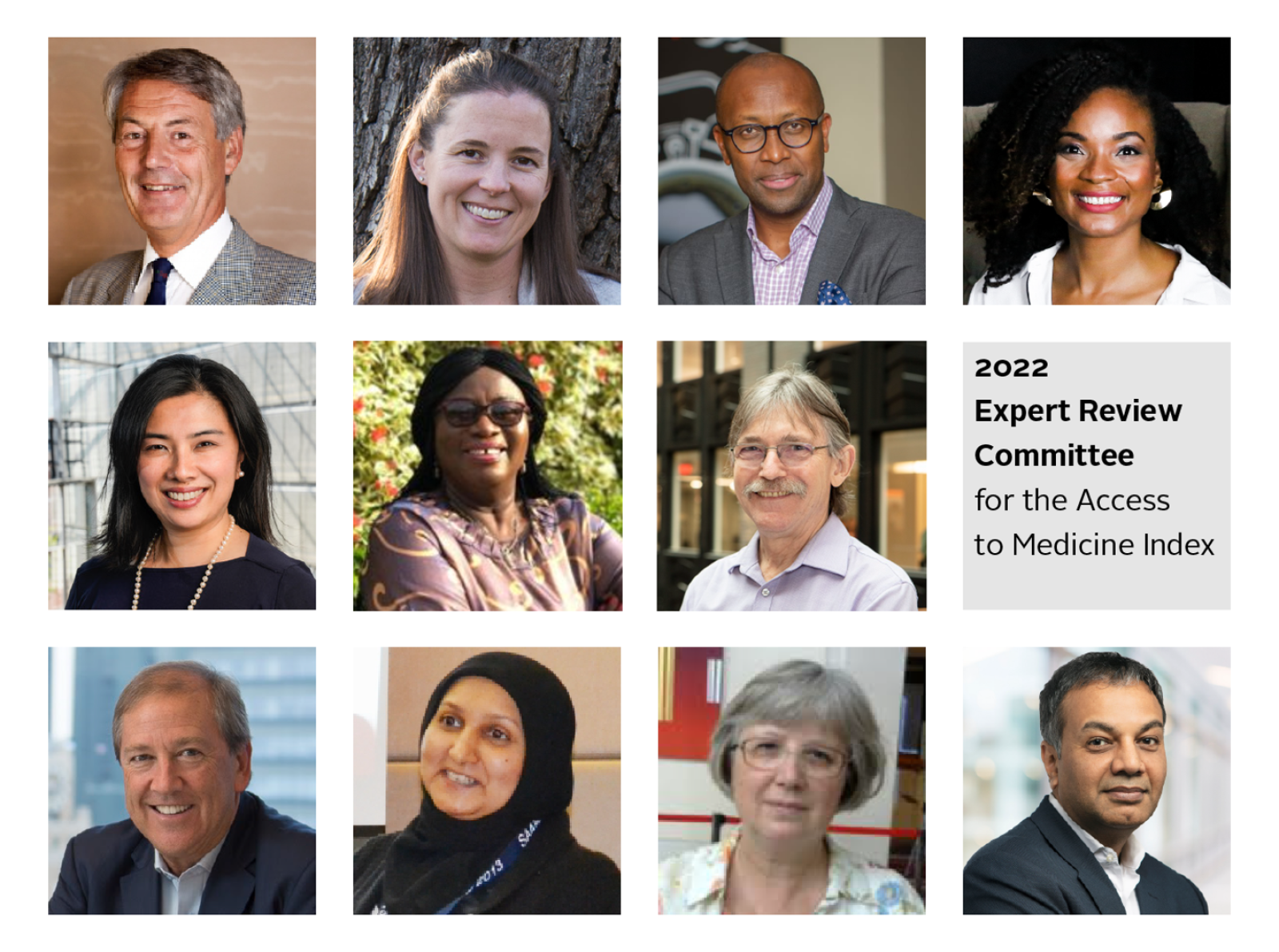How we work with experts
The Access to Medicine Index is a product of a two-year process known as the ‘Index cycle’. During year one, the Foundation reviews the previous Index and consults with stakeholders to prepare the methodology for the next Access to Medicine Index. During year two, the team collects, verifies and analyses data about pharmaceutical companies. At the end of the cycle, the results are published in a new Access to Medicine Index, and the Foundation starts the work of using the findings to spur further change across the industry. Here you can read about what this process entails.
Pharma's role in access
The Access to Medicine Foundation has developed a robust process for building consensus on how pharmaceutical companies can improve access to medicine.
During year one of each Index cycle, we engage with multilateral organisations, governments, research institutions, pharma companies and industry associations, NGOs, patient organisations and investors. We balance the different viewpoints to identify ambitious but achievable actions that pharma companies can be expected to take.
We translate these expectations into the metrics that form the basis of the methodology for the Access to Medicine Index. The metrics capture and compare how the world’s largest pharma companies are performing on access to medicine. We are supported by independent advisers and technical experts specialised in different areas of access to medicine.
Our consensus-building activities follow set timelines. If you would like to contribute, please get in touch with Claudia Martinez, Research Programme Manager for the Access to Medicine Index.
Reflecting consensus
For the next Access to Medicine Index, the research team is gathering stakeholders' input in three main stages:
1. Committee review
The methodology approach, proposal and final version will be reviewed by the Expert Review Committee (ERC), which provides strategic guidance and recommendations.
2. Targeted expert consultations
Advice is also gathered from technical experts on different aspects of access to medicine and the role of the pharmaceutical industry, including from governments, the global health and investor communities, and the pharma industry. Many of these discussions are based around specific questions relating to our methodology and analysis.
3. Feasibility evaluation with pharmaceutical companies
Pharmaceutical companies evaluated in the 2021 Index provide feedback on the process of gathering, submitting and verifying data, as well as on the feasibility of gathering specific data points.
10 independent experts on access
Since the first Access to Medicine Index in 2008, the Expert Review Committee (ERC) for the Index has provided independent, strategic guidance during each methodology review. The ERC provides external advice on the scope, structure, and analytical approach of the Access to Medicine Index.
The ERC is made up of independent experts, including from the WHO, the industry, NGOs, academia and investors. They are all active on the access to medicine agenda.
The members of the 2022 ERC for the next Access to Medicine Index are:

Chair of the Committee, Hans Hogerzeil, Emeritus Professor of Global Health at the University of Groningen and former WHO Director for Essential Medicines and Pharmaceutical Policies
Emily Bleimund, Director of Trade and Health in the U.S. Department of Health and Human Services (HHS) Office of Global Affairs
Githinji Gitahi, Group CEO, Amref Health Africa
Michela Gregory, Director, ESG Services at NEI Investments
Fumie Griego, Deputy Director General and Chief Operating Officer at IFPMA
Martha Gyansa-Lutterodt, Director of Pharmaceutical Services at Ministry of Health, Ghana
Dennis Ross-Degnan, Associate Professor at the Department of Population Medicine at Harvard Medical School and Director of Research at the Harvard Pilgrim Health Care Institute; Co-Director at WHO Collaborating Center in Pharmaceutical Policy
Alan Staple, Vice President and Head of the Global Market Access Team, The Clinton Health Access Initiative (CHAI)
Fatima Suleman, Professor, University of KwaZulu-Natal and Director of the World Health Organization Collaborating Centre for Pharmaceutical Policy and Evidence Based Practice
Klara Tisocki, Team Lead, Pricing and Affordability at WHO
Prashant Yadav, Senior Fellow at the Center for Global Development; Affiliate Professor of Technology and Operations at INSEAD